A Practical Training in English
This book is intended for those who have received the usual elementary grounding in English and are ready to begin more advanced work.The lessons follow actual class-room practice as far as possible, and therefore may be regarded as a kind of casual teaching, but on a formal basis. By this method it is hoped to train the pupil into a certain routine proficiency without destroying his initiative.The Questions and Exercises which follow the poems are designed to elucidate the text, to promote independent judgment on the part of the pupil, to prepare his mind for the subsequent matter, and, in some cases, to refresh his memory in regard to former lessons. The word Composition which forms the second heading is used in a very wide sense. It will be seen to embrace not only the usual exercises, definitions, etc., but also logical analysis and even a little elementary criticism, given by way of digression. The heading Prosody is self-explanatory. It should be stated that in the earlier lessons the metre has occasionally been regularised, but cautions against a too mechanical scansion are also provided. An attempt has been made to visualise certain stanza forms: but these diagrams are in nowise to be regarded as a substitute for the usual memorising of a sample stanza. In certain cases the broader metrical variations have been shown; and, although there are modulations of the voice which no symbols can represent, the teacher may use these diagrams as a basis for lessons on the finer gradations of stressing. The Study of Words and Expressions, it is hoped, will provide sufficient practice in derivation and will give a training in the minute observation of a particular passage. The Roots have all been taken from Skeat's Etymological Dictionary.Many more exercises might have been devised.
{{comment.content}}
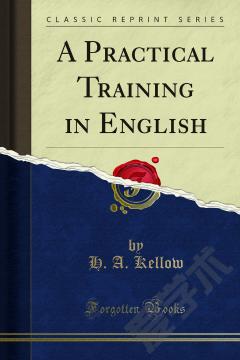

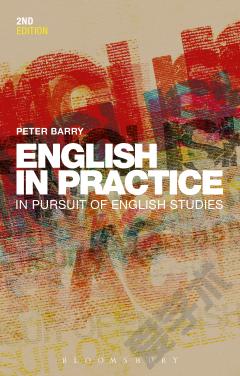
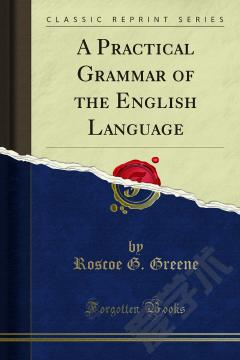
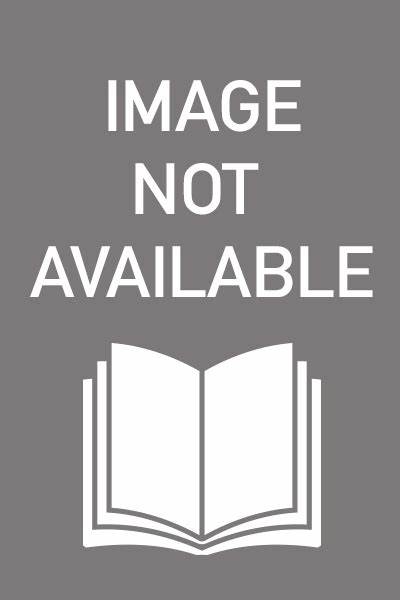
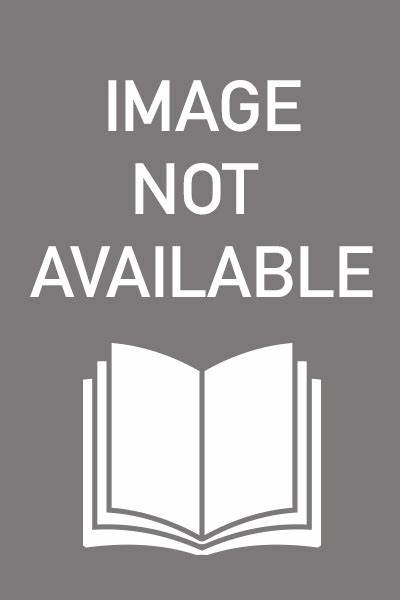


 京公网安备 11010802027623号
京公网安备 11010802027623号